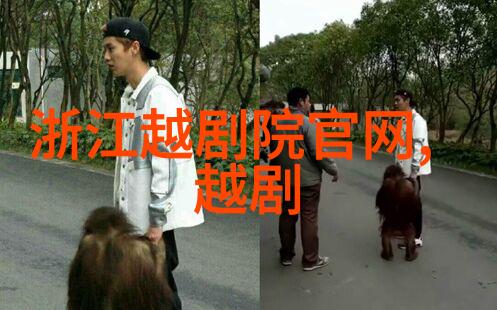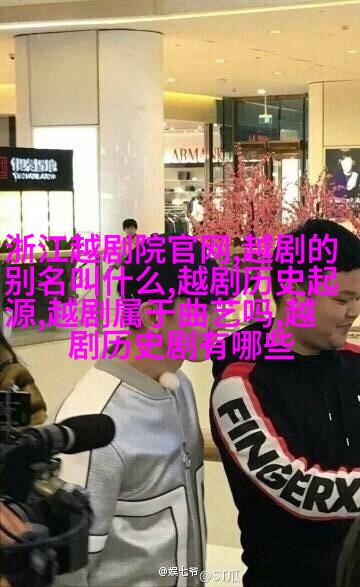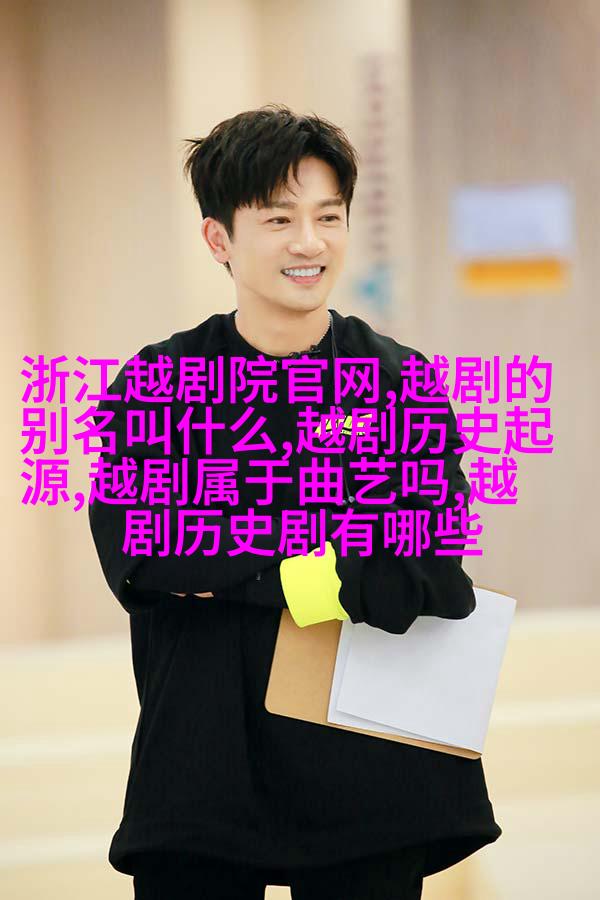越剧,中国南方的一种传统戏曲艺术,以其独特的音乐、舞蹈和戏剧形式深受观众喜爱。越剧中的经典名段,不仅展现了演员们高超的表演技艺,更是将古代文人的智慧和情感通过现代语境呈现给世人。在这些经典名段中,'李清风'这一角色形象尤为突出,其在《琵琶记》中的表现不仅展示了演员对角色的理解,还让人们对于人物内心世界有了更深刻的认识。

一、李清风形象概述
在《琵琶记》这部作品中,'李清风'是一个充满才华与魅力的女性,她不仅是一位极具才艺的琵琶手,而且还是一个生活细腻、情感复杂的人物。她的性格既温婉又坚韧,一方面她能够以柔美之音来表达自己的感情;另一方面,她也能用坚强的心灵面对外界的挑战。这两重性格使得"李清风"成为越剧中最著名也是最令人着迷的一个角色之一。

二、角色的塑造
为了让这个角色更加生动,越剧演员需要运用各种技术来塑造人物形象。首先,在语言表达上,'李清風'善于运用诗词歌赋来表现自己的情感,这些都是传统文化中的重要元素。她在台上的每一次发声都带有浓厚的文学色彩,每个字每个句都蕴含着丰富的情感,让观众仿佛置身于古代文人的世界之中。

其次,在身体语言上,'李清風'虽然姿态优雅,但她的眼神却透露出一种难以言说的忧郁,这种矛盾性的表现在越剧中被称作“四处皆空而无所依”,体现了她内心深处对于自由与幸福的渴望以及失落的情绪。
再者,在舞蹈表现上,'李清風'使用的是一种非常特别的手法——“翩翩起舞”,这种轻盈自如的声音与舞步结合,使得整个场景显得既优雅又具有很高的情感张力,让人忍不住想要去了解更多关于她的故事。

三、经典名段分析
在《琵琶记》的某些部分,如"碧波潋滟·秋夜行舟"等,可以看出’Lee Qingfeng’s personality and emotions are fully expressed. This scene is a classic example of the art of "song and dance", which combines music, dance, and drama to create a unique artistic form.

In this scene, Li Qingfeng's voice is soft and gentle, like the sound of water flowing in autumn. Her words are full of longing for freedom and happiness, but also contain a sense of loss. The melody she sings is like the moonlight on the lake at night - it shines brightly but also casts shadows.
The dance she performs is light and elegant, like a butterfly fluttering around flowers. It seems carefree but actually contains deep sadness. The whole scene is like a poem that can be read between the lines - it tells us about Li Qingfeng's inner world without directly expressing it.
四、结论
Through 'Li Qingfeng', we can see how an actress uses her voice, body language, and dance to bring out the character's personality traits. She presents herself as both strong-willed and sensitive; both confident in her abilities as an artist yet vulnerable due to her emotional state.
This complexity makes 'Li Qingfeng''s character more believable than any single-dimensional portrayal could ever hope to achieve.' Through these qualities combined with historical context provided by classical Chinese literature such as poetry or song lyrics used during performances (like those found within "Song Dynasty"), audiences become immersed in another era while still connecting with contemporary themes such as love lost or dreams unfulfilled.' These elements contribute significantly towards making 'Li Qing Feng''s role one among many iconic ones present within history books related specifically towards traditional Chinese theatre forms such as Peking Opera & Shaanxi Opera etc., where they have been portrayed before albeit differently each time anew depending upon performers who enact them & their interpretations throughout generations!


